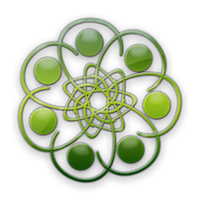Sulforaphane and related mustard oils in focus of cancer prevention and therapy
The plant family Brassicaceae, formerly Cruciferae, contains mustard oil glycosides, from which mustard oils are enzymatically hydrolyzed. Mustard oils offer protection from pests, microorganisms and fungi. More than 120 different mustard oils with various biological functions are known. Since ancient times, these substances are used as natural antibiotics, antiviral drugs and antimycotics. The antioxidative effect of mustard oils contributes to protection from DNA damage
Wien Med Wochenschr. 2013 Feb;163(3-4):80-8. doi: 10.1007/s10354-012-0163-3. Epub 2012 Dec 7.
Herr I, Lozanovski V, Houben P, Schemmer P, Büchler MW.
Abstract
The plant family Brassicaceae, formerly Cruciferae, contains mustard oil glycosides, from which mustard oils are enzymatically hydrolyzed. Mustard oils offer protection from pests, microorganisms and fungi. More than 120 different mustard oils with various biological functions are known. Since ancient times, these substances are used as natural antibiotics, antiviral drugs and antimycotics. The antioxidative effect of mustard oils contributes to protection from DNA damage. Epidemiological and experimental studies have shown preventive and therapeutic effects of crucifers or isolated substances thereof. Particularly well studied is the mustard oil sulforaphane, which is contained in high concentrations in broccoli and its sprouts. As has been shown in mice recently, sulforaphane also targets the most malignant cancer stem cells, which are not affected by conventional cancer treatments. Based on these promising results, the first prospective clinical studies with cancer patients and sulforaphane-enriched broccoli sprouts have now been initiated in the United States.

